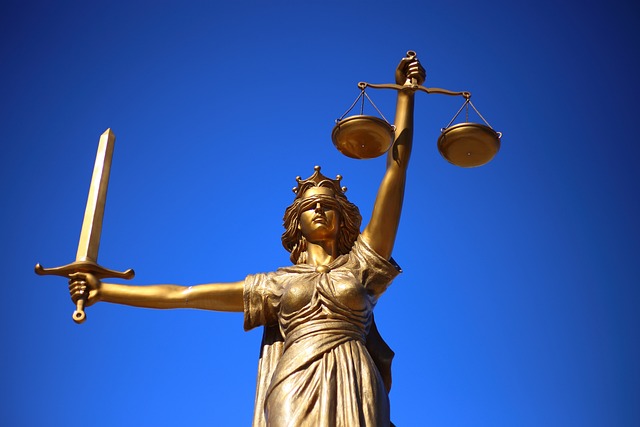
The criminal laws are the regulations that must be followed when a crime is committed, including rape, murder, arson, assault, and other different kinds of crimes. A person who has been detained and accused of a crime appears in court on criminal charges.
On the other hand, all other conflicts are covered by civil law; these are the procedures that must be followed when a person files suit against another person, a company, or a government agency. This can be used in situations involving housing, such as eviction, family matters, such as divorce or disputes over child custody, debt, or bankruptcy, or lawsuits involving damage to property or personal injury. Each of these cases is resolved in a civil court.
Civil Courts: Function
According to various institutes for RJS Coaching in Jaipur, in civil court, one party files a case against another party due to a disagreement or issue between them. A company or agency may also file a case in civil court or may be sued there. In civil court, a person who loses a case may be compelled to provide compensation to the affected party or surrender the property, but they are not necessarily sentenced to imprisonment.
Criminal Courts: Function
The teachers in the institutes for RJS Coaching in Jaipur focus on the functioning of the criminal courts and say that, in criminal court, the government files a criminal case against a defendant accused of a crime. The defendant is the individual who is believed to have committed the offense. It is required of the government to establish the defendant’s guilt “beyond a reasonable doubt,” which is an incredibly high standard. In the case of a conviction, the defendant can serve a term of imprisonment.
Key Differences: Civil and Criminal Courts
There are certain key differences that are consistently discussed by different institutes for RJS Coaching in Jaipur. They are:
| CIVIL COURTS | CRIMINAL COURTS |
| The violation of civil or legal rights is considered a private wrong. | The violation of public rights and duties that have a negative impact on the entire community is considered a public wrong. |
| Civil wrongs do not affect society as a whole. | Criminal acts affect society as a whole |
| Civil courts or equivalent tribunals have the authority to decide on cases governed by civil law. | Criminal Courts are the trial courts for cases governed by criminal law. |
| A plaintiff is a party who brings a lawsuit or begins legal proceedings against another party known as the defendant in civil court. | The person against whom the offense is allegedly perpetrated is referred to as the victim or Survivor, while the alleged offender is known as the accused. |
| A party has the right to file a civil lawsuit before a court of competent civil jurisdiction if they are in a legal dispute with another party. | A person has the right to file a criminal case before a criminal court against the accused. |
| The Code of Civil Procedure, 1908 is the procedural law that civil court judges are required to abide by. | The Code of Criminal Procedural, 1973 is the procedural law that the Criminal Court is required to abide by. |
| The defendant cannot be detained while under investigation in civil cases. | The accused may be detained either before or during a criminal trial or prosecution. |
| If a civil lawsuit is successful, the court will issue a judgment that will be used to enforce the plaintiff’s right to monetary damages, an injunction, restitution, specific performance, etc. | On the other hand, criminal proceedings end in a penalty that can be anything from a simple fine or period of imprisonment to the death penalty. |
| The purpose of civil proceedings is to enforce rights. | The purpose of criminal proceedings is to provide punishment and rehabilitation to the offender. |
| Civil wrongs are less serious and less harmful. | Criminal acts are more serious and harmful. |
| The burden of proof lies with the defendant | The burden of proof lies with the prosecution (victim) |
| Deliberate misconduct, invasion of privacy, trespassing, etc. are some examples of civil wrongs brought in the civil courts | Killing, raping, kidnapping, stealing, etc. are some examples of criminal acts brought in the criminal courts. |
The distinction between criminal and civil law is vague. The two most important domains of law each have their own unique set of rules. Strong legislation and legal procedures govern both civil and criminal law. Civil law has conflict resolution tools, but criminal law has revenge machinery. The majority of the law is covered by these two legal areas.
Criminal and civil courts perform separate but equally important roles within the framework of law. Civil courts resolve disputes between individuals or groups with an emphasis on remedies and restitution for damage caused. Criminal courts, on the contrary, handle criminal offenses with the objective of punishing and restraining offenders. Both are necessary for protecting justice, preserving rights, and sustaining social order. Criminal courts place greater emphasis on punishment and deterrents compared to civil courts ‘ compensation and resolution. Both of these systems have to be present to safeguard the rights of individuals as well as public safety in the framework of law while ensuring an equitable and healthy society.









